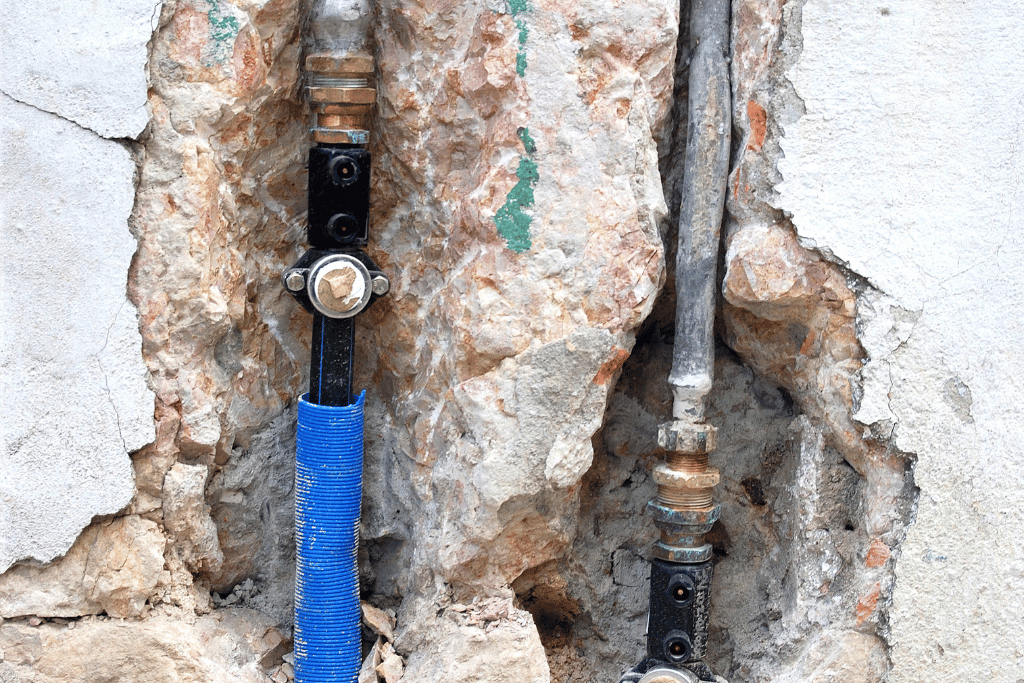Choosing the right plumber for gas line installation is a critical decision that can impact your home’s safety, functionality, and long-term energy efficiency. Unlike other home improvements, gas line work involves potentially dangerous elements like natural gas leaks, fire hazards, and code violations.
That’s why it’s vital to hire a qualified, licensed professional who knows exactly what they’re doing. Whether you’re installing a new gas stove, upgrading your heating system, or setting up an outdoor grill, if you are in Miami, here’s how to make sure you’re hiring the best plumber in Miami for the job.
Start With Proper Licensing and Certification
When dealing with gas line installations, licensing is not optional it’s essential. plumbers must hold the appropriate licenses from your local or state authorities to perform this type of work legally and safely. Ask to see proof of their license and verify it with your state’s licensing board or online database.
In addition to general licensing, look for certifications that indicate advanced training in gas systems. For example, some professionals carry certifications from industry organizations like the National Association of Plumbing-Heating-Cooling plumbers (PHCC) or the American Gas Association. These credentials signal that the plumber adheres to industry standards and regularly updates their knowledge.
Check Experience and Specialization
Gas line installation isn’t something you want to leave to a general handyman. It’s important to hire someone who has extensive, hands-on experience with gas piping specifically. Ask how long the plumber has been working in the field and whether they specialize in gas-related services.
Someone who installs gas appliances every day will have a much better grasp of local regulations, safety protocols, and common installation challenges than someone who only occasionally tackles these jobs.
You can also ask about past projects. A reliable plumber should be able to provide examples or references from previous clients, ideally for similar installations. This will give you insight into the quality of their work and their ability to handle your particular setup.
Ensure They Are Insured and Bonded
Gas line work comes with inherent risks. Accidents, although rare, can happen. That’s why you should only hire plumbers who carry both liability insurance and workers’ compensation. Liability insurance protects your property in case the plumber causes any damage during the installation. Workers’ compensation covers their employees in case of an injury while on your premises.
Being bonded is another layer of protection. It means the plumber has secured funds through a surety company, which can be used to compensate you if the work isn’t completed as agreed or if the plumber violates licensing laws.
Look for Knowledge of Local Codes and Permits
Each municipality has its own building codes and regulations for gas line installations. A qualified plumber should be familiar with these rules and know which permits are required for your specific project. Avoid any plumber who suggests skipping permits to save time or money. That’s a red flag, and it could leave you liable for fines or dangerous installations.
The right professional will handle the permitting process for you or at least guide you through it, ensuring everything is up to code and inspected when necessary.
Read Reviews and Get References
Customer reviews can offer a wealth of information about a plumber’s reliability, professionalism, and communication skills. Check platforms like Google, Yelp, and the Better Business Bureau to see how past clients have rated their experience. Look for patterns in the feedback consistent punctuality, clear estimates, and satisfaction with the final result are good signs.
Don’t hesitate to ask the plumber for references. A trustworthy professional should be more than willing to connect you with previous customers who can vouch for their work.
Compare Quotes But Don’t Just Go for the Cheapest
Price is always a consideration, but it shouldn’t be the only factor in your decision. Get detailed quotes from at least three plumbers and compare them line by line. Make sure each estimate includes labor, materials, permits, and any other relevant costs.
Beware of any bids that seem too good to be true. If one plumber is significantly cheaper than the others, it might indicate a lack of experience, use of substandard materials, or a tendency to cut corners. Choosing a slightly more expensive plumber who does thorough, safe, and code-compliant work can actually save you money in the long run by preventing repairs or safety hazards.
Assess Communication and Professionalism
From the first phone call or email, note how the plumber communicates. Are they prompt, respectful, and clear? Do they answer your questions thoroughly and offer helpful advice?
Professionalism goes a long way in home services. You want someone who respects your time, shows up when promised, and explains the process in terms you can understand. A good plumber will take the time to walk you through what the installation entails, how long it will take, and what kind of maintenance or inspection might be required afterward.
Trust Your Instincts
Choosing the right plumber for gas line installation doesn’t have to be overwhelming. By taking the time to do your research, ask the right questions, and compare your options carefully, you can ensure the job is done safely, efficiently, and in compliance with all local regulations.
Remember, gas line work is more than just a one-time installation—it’s an essential part of your home maintenance strategy. Hiring the right professional now can prevent future problems, reduce long-term costs, and keep your home running smoothly and safely for years to come.

